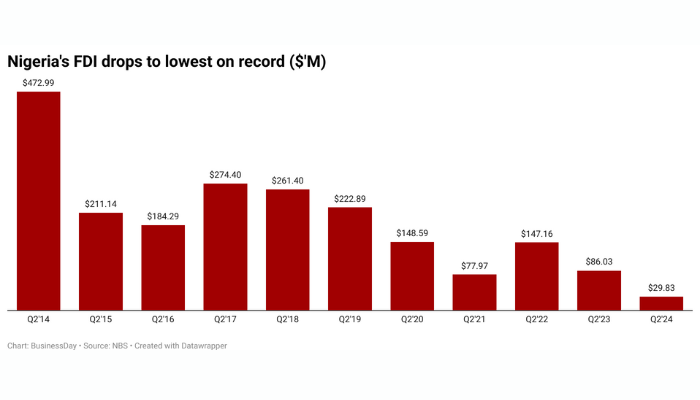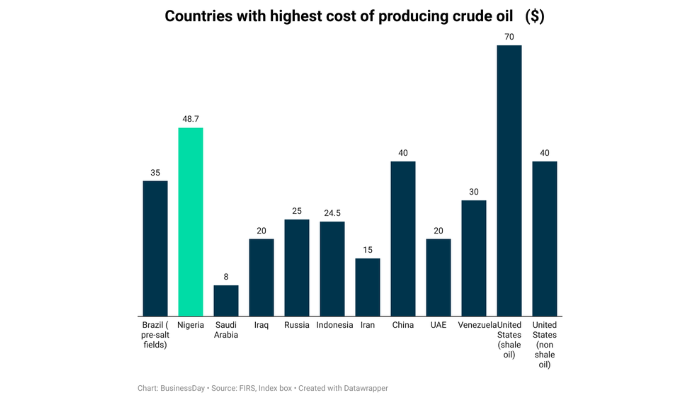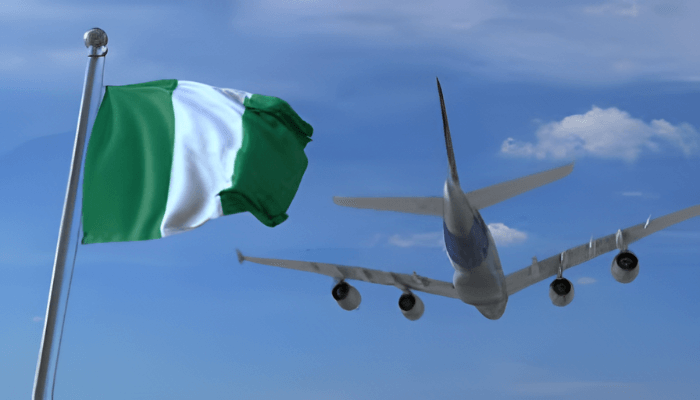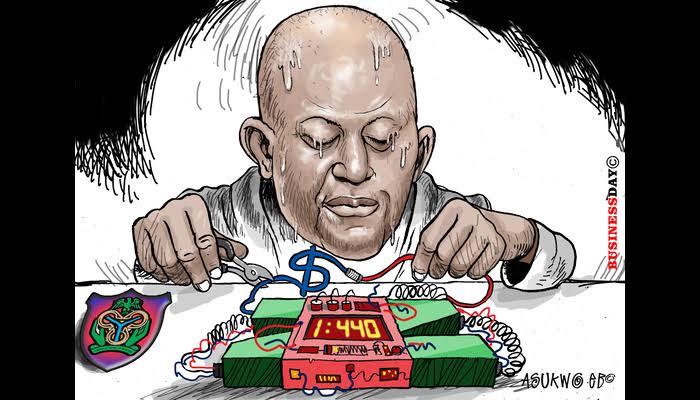Latest data from the National Bureau of Statistics (NBS) that show that Foreign Direct Investment (FDI) into Nigeria plunged to a record low in the second quarter of 2024 has put the efficacy of President Bola Tinubu's reforms under the spotlight.
The Nigerian economy experienced a plunge in foreign direct investment during the second quarter of 2024, with inflows reaching a historic low of $29.83 million.
The data comes on the heels of Tinubu's independence day speech that Nigeria had attracted $30 billion in the last one year due to his administration's reforms.
The N29.83 million FDI raked in the Q2 2024 was less than one third what was received in the first quarter of the year ($119.2 million).
Of the FDI attracted, equity was most dominant, representing $29.82 million or 99.99% of total capital imported in the second quarter. While other capital attracted $0.01 million.
The country’s harsh business environment, which was worsened by the removal of petrol subsidy and naira devaluation, has forced seven multinationals to exit one of Africa’s biggest economies in the last 11 months.
The naira has lost about 70 percent of its value under President Bola Tinubu’s administration and averaged N1,511.34/$ at the Investors and Exporters window this year. It slipped to more than 0.24 percent on Tuesday to N1,631.21 to a dollar, according to data by the FMDQ.
Samuel Sule, chief executive officer of Renaissance Capital Africa said the drop in FDI is attributed to the exit and limited entry of direct investors into Nigeria.
“Multinationals import their raw materials in dollars and also service their dollar debts. They have huge foreign exchange liabilities exposure,” Muda Yusuf, founder and chief executive officer of the Centre for the Promotion of Private Enterprise (CPPE), said in an interview.
Nigeria attracted FDI of $377.3 million in the whole of 2023 and $119.18 in the first quarter of 2024, according to data by the NBS. This combined is far less than the $30 billion mentioned by the president.





